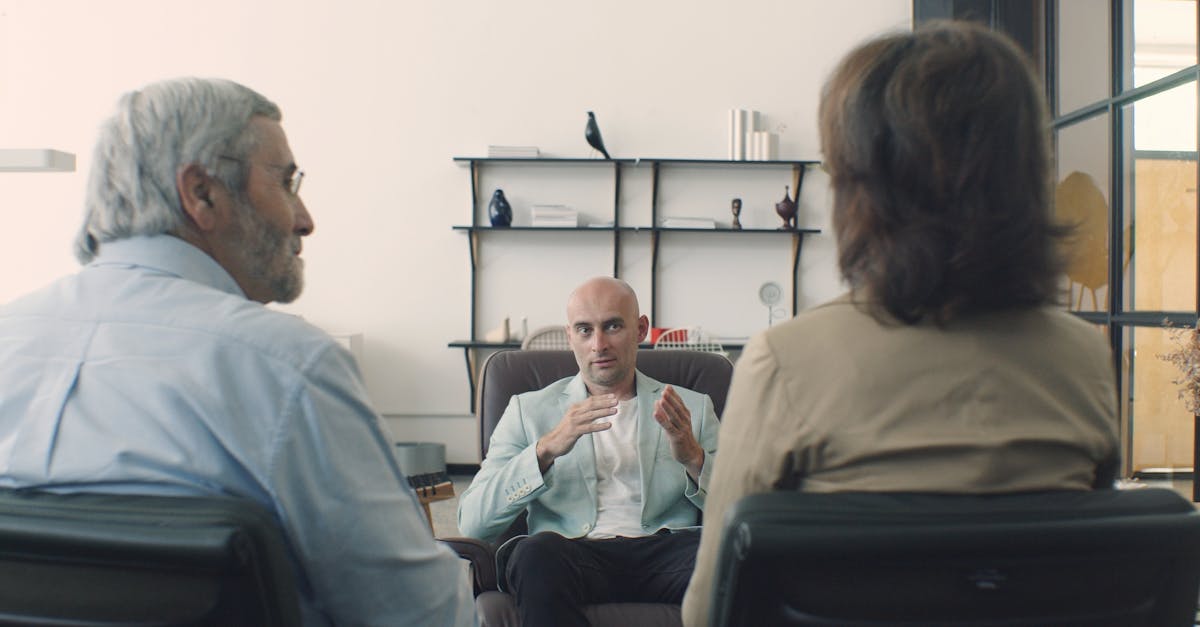
27 Aug Talk Therapy for Older Adults
Talk therapy, or psychotherapy, can be incredibly beneficial for older adults. It provides a safe and supportive space to explore thoughts, feelings, and challenges, which can help improve mental health and overall well-being. Here’s an overview of how talk therapy can be particularly helpful for older adults:
- Addressing Age-Related Issues:
- Loss and Grief: Older adults often face the loss of loved ones, retirement, or declining health, which can lead to grief and sadness. Talk therapy helps them process these emotions and find ways to cope.
- Depression and Anxiety: These are common among older adults, sometimes due to loneliness, health issues, or life transitions. Therapy provides strategies to manage these feelings effectively.
- Chronic Illness: Managing a chronic illness can be stressful and overwhelming. Therapy can help in dealing with the emotional impact and maintaining a positive outlook.
- Improving Cognitive Function:
- Engaging in regular talk therapy sessions can help keep the mind active, which is important for cognitive health. Discussing thoughts, memories, and ideas can stimulate mental processes and improve clarity.
- Enhancing Social Connections:
- Older adults may face social isolation due to retirement, loss of peers, or mobility issues. Talk therapy can support moves to reconnect with others, build new relationships, and enhance their support networks.
- Managing Transitions:
- Life transitions such as moving to a retirement community, adjusting to changes in physical abilities, or becoming a caregiver can be challenging. Therapy provides guidance and support to navigate these changes.
- Improving Quality of Life:
- Therapy can lead to greater self-awareness, better coping strategies, and an overall improvement in life satisfaction. It helps older adults find meaning and purpose, even in later stages of life.
- Types of Therapy for Older Adults:
- Cognitive behavioural therapy (CBT): Helps in changing negative thought patterns and behaviours.
- Interpersonal Therapy (IPT): Focuses on improving relationships and social functioning.
- Barriers and Considerations:
- Stigma: Some older adults may have grown up in a time when mental health issues were stigmatised, so they might be hesitant to seek therapy.
- Accessibility: Physical limitations or transportation issues can make it difficult for some older adults to attend therapy sessions.
- Cognitive Decline: Therapists may need to adapt their approaches when working with clients who have cognitive impairments like dementia.
- Telehealth:
- For older adults who may have difficulty leaving home, telehealth therapy can be a convenient and effective option, providing access to therapy through video or phone sessions.
- Family Involvement:
- Including family members in therapy sessions can be beneficial, helping them understand and support their loved ones more effectively.
Talk therapy can be a powerful tool in helping older adults maintain mental health, cope with life changes, and find joy and meaning in their later years. If you would like to have a conversation further on how to navigate this and would like to engage with one of our clinicians to support your journey, please contact us at Prosper Health Collective for further information on 6381 0071.
